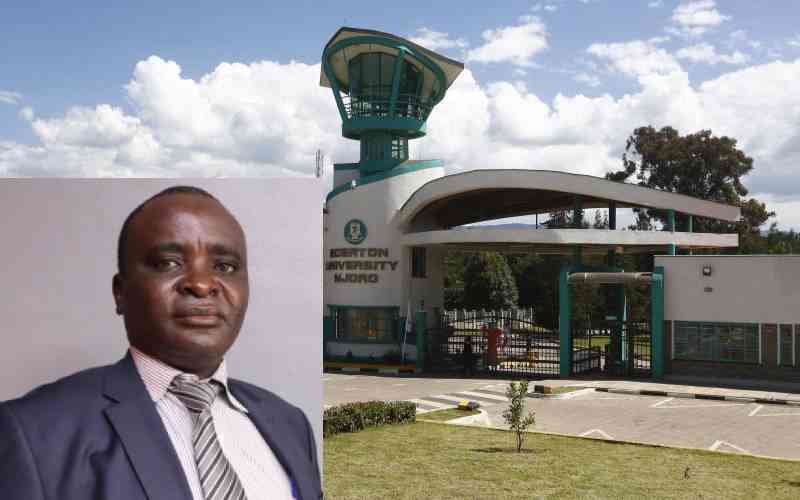Egerton University Professor Josiah Omollo. [Standard]
×
The Standard e-Paper
Smart Minds Choose Us

As Kenya works towards withdrawing synthetic insecticides from its market, a team of researchers at Egerton University is developing organic products as alternatives.
The project by Associate Professor of Organic Chemistry Josiah Omollo comes after he won a Sh128 million Icipe Bioinnovate Africa grant to develop and commercialise environmentally friendly insecticides.